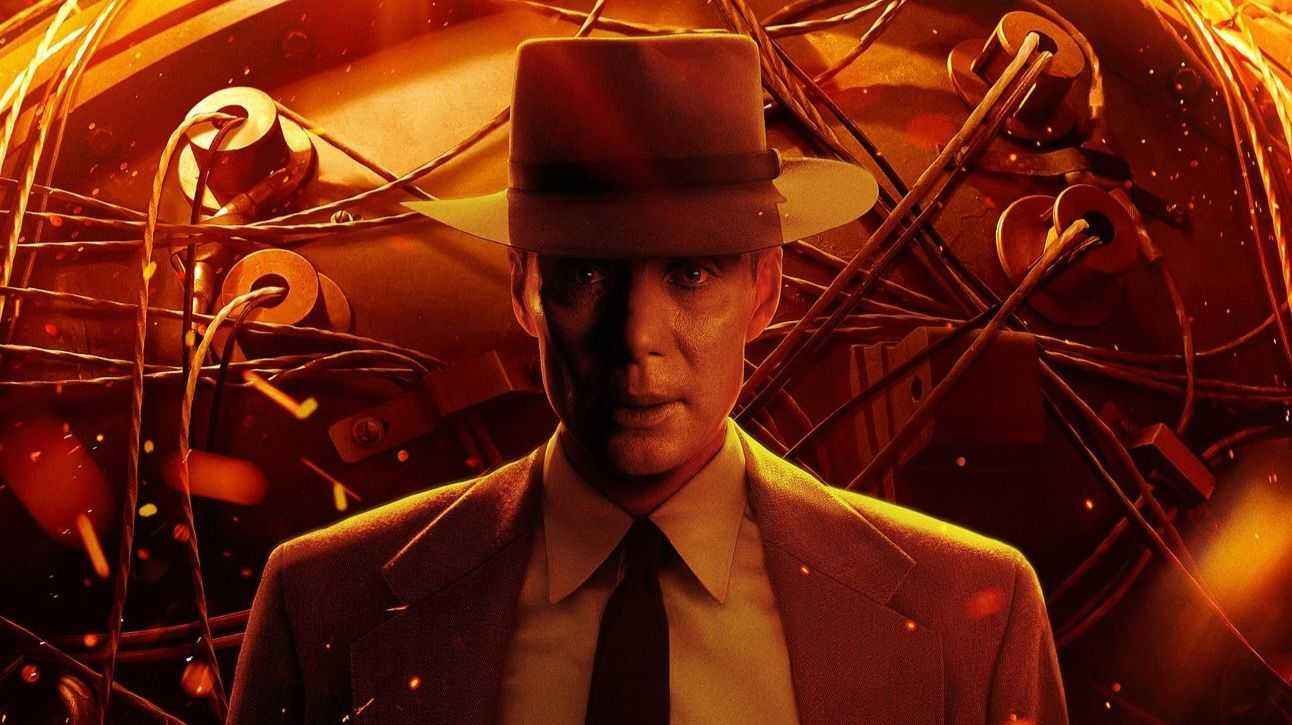Cillian Murphy transforms into J. Robert Oppenheimer: Behind the scenes
Christopher Nolan's Oppenheimer, starring Cillian Murphy, recreates the first nuclear detonation without CGI, marking a groundbreaking moment in cinema.

'Oppenheimer' (Source: LatestLY)
As we look back on the journey of cinema, certain films leave an indelible mark on the landscape of storytelling and technological innovation. Christopher Nolan's Oppenheimer is poised to be one such milestone. With an expected release on July 21, 2023, this film has already ignited discussions and anticipation across the globe. Diving into the life of J. Robert Oppenheimer, portrayed by Cillian Murphy, Nolan offers a glimpse into the mind that ushered in the atomic age.
Nolan, celebrated for his cinematic genius in films like Inception and Interstellar, has once again pushed the boundaries. His decision to recreate the Trinity test, the first nuclear weapon detonation in New Mexico, without the use of CGI, is a testament to his commitment to authenticity. "Recreating the Trinity test without the use of CGI was an extreme decision to pull off," Nolan shared with Total Film Magazine, highlighting the lengths to which he and his team went to ensure the film's realism.
This approach wasn't without its challenges. The director and his visual effects supervisor, Andrew Jackson, embarked on a journey to capture the essence of quantum dynamics, the harsh conditions of Los Alamos, and the pivotal Trinity test, all through practical effects. "There were huge practical challenges," Nolan admitted, yet his enthusiasm for the project is palpable, especially when he speaks of the dedication of his extraordinary crew.
Oppenheimer's narrative complexity is matched by its star-studded ensemble, including Emily Blunt, Robert Downey Jr., Matt Damon, and more, making it one of Nolan's most ambitious projects. The film delves into the life of J. Robert Oppenheimer and the pivotal role he played in the Manhattan Project during World War II. Based on the Pulitzer Prize-winning book American Prometheus, the film aims to explore the triumphs and tragedies of Oppenheimer's life.
As we reflect on Nolan's latest venture, it's clear that Oppenheimer is more than just a film; it's a bold statement in the ongoing conversation between cinema and reality. By choosing to forego CGI in favor of practical effects, Nolan not only pays homage to the filmmaking of the past but also sets a new benchmark for future productions. This decision, coupled with a narrative that explores the ethical and moral dilemmas of scientific discovery, ensures that Oppenheimer will be a topic of discussion for years to come.
As we await the film's release, it's worth pondering the impact of Nolan's vision on the future of cinema. Will Oppenheimer herald a new era of storytelling that leans more heavily on the tangible rather than the digital? Only time will tell, but one thing is certain: Christopher Nolan's latest project is shaping up to be a cinematic experience unlike any other.
(Several parts of the text in this article, including the title, were generated with the help of an AI tool.)







